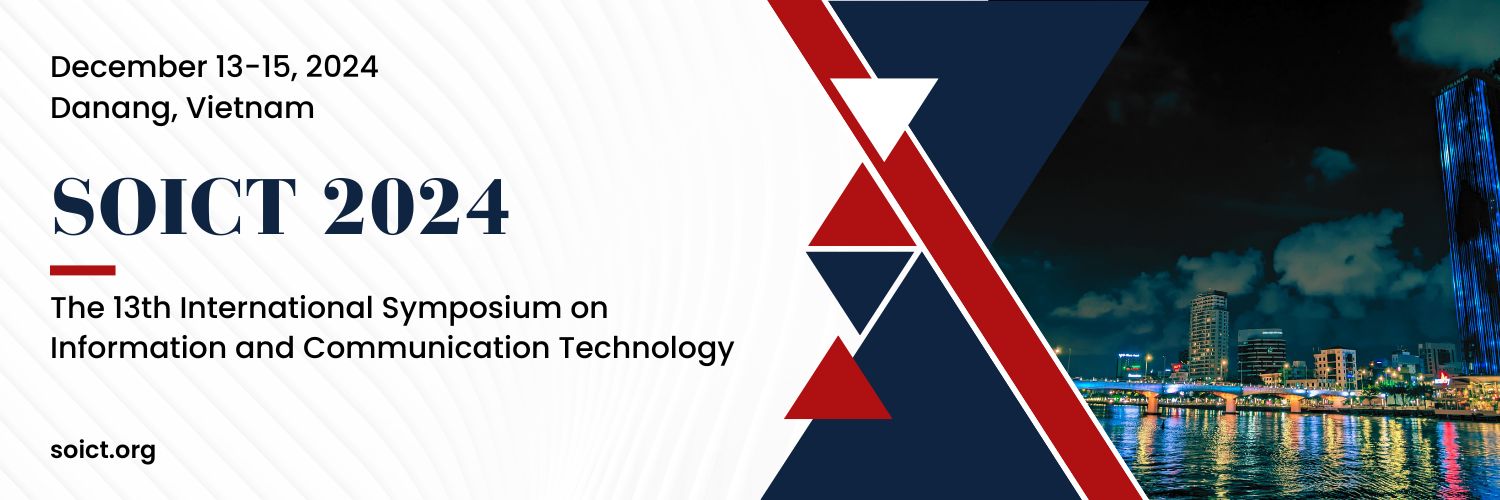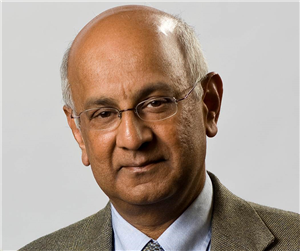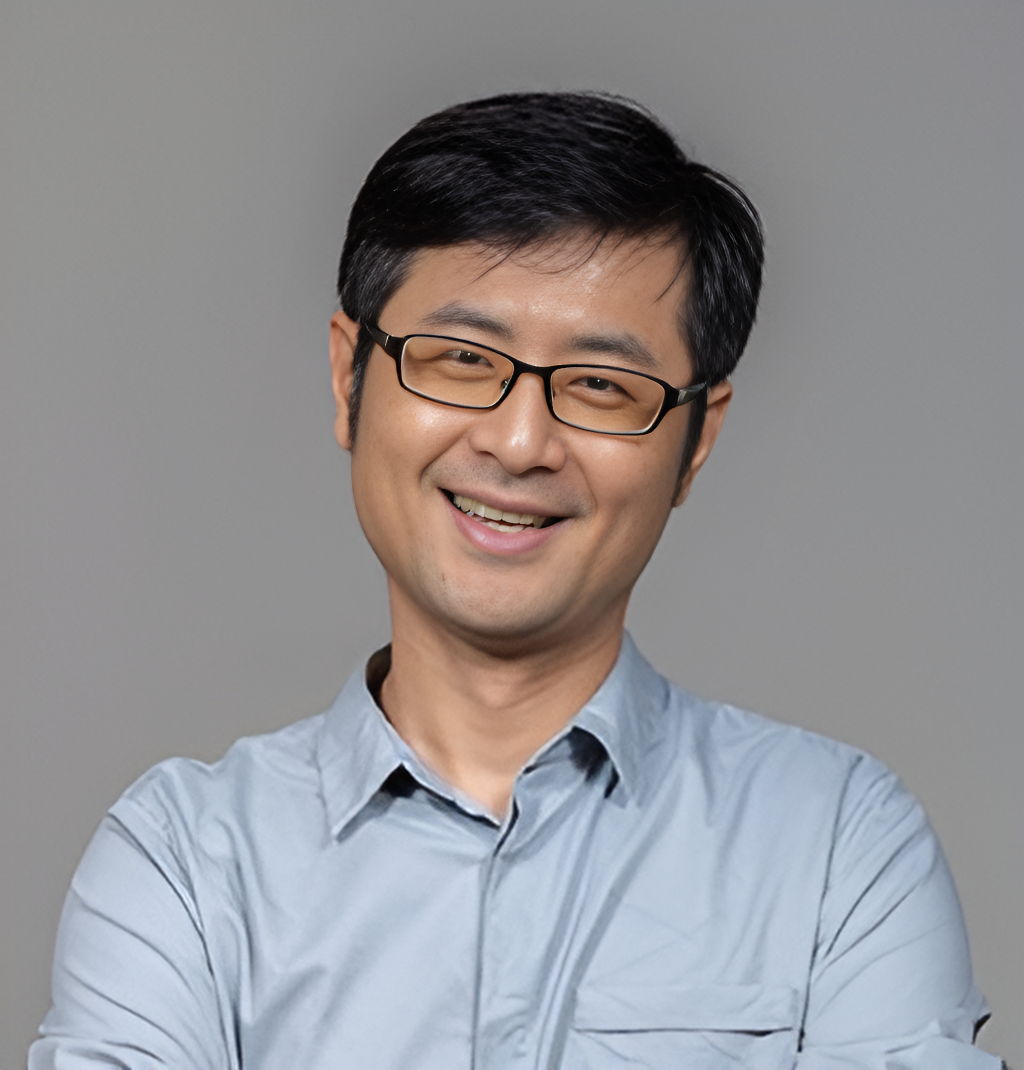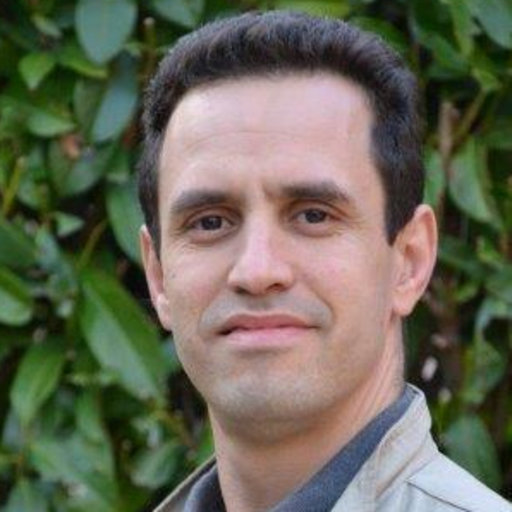KEYNOTES
Ravishankar K. Iyer is George and Ann Fisher Distinguished Professor of Engineering at the University of Illinois at Urbana-Champaign. He holds joint appointments in the Departments of Electrical and Computer Engineering and Computer Science, in the Coordinated Science Laboratory (CSL), the National Center for Supercomputing Applications, the Carle Illinois College of Medicine, and the Carl R. Woese Institute for Genomic Biology. He is also faculty Research Affiliate at the Mayo Clinic, and Yeoh Ghin Seng Distinguished Visiting Professor of the National University Health System, Singapore.
Professor Iyer leads the DEPEND Group at CSL, with a multidisciplinary focus on systems and software that combine deep measurement driven analytics and machine learning with applications in two important domains: i) trust (that spans resilience and the security of critical infrastructures) and ii) health (that spans computational genomics and health analytics focused on personalized medicine). The Depend Group has developed a rich AI analytics framework that has been deployed on real-world applications in collaborations with industry, health providers, and government agencies including NSF, NIH, and DoD. Iyer directs the Illinois/Mayo NSF Center for Computational Biotechnology and Genomic Medicine (CCBGM).
Professor Iyer is a Fellow of the American Association for the Advancement of Science (AAAS), the Institute of Electrical and Electronics Engineers (IEEE), and the Association for Computing Machinery (ACM). He has received several awards, including the IEEE Emanuel R. Piore Award, and the 2011 Outstanding Contributions award by the Association of Computing Machinery. Professor Iyer is also the recipient of the degree of Doctor Honoris Causa from Toulouse Sabatier University in France.
Achieving Cloud Resiliency with Expert-Augmented AI
Dr. Shengdong Zhao is an Associate Professor in the Department of Computer Science at the National University of Singapore, where he established and leads the NUS-HCI research lab. He received his Ph.D. degree in Computer Science from the University of Toronto and a Master’s degree in Information Management & Systems from the University of California, Berkeley. With a wealth of experience in developing new interface tools and applications, Dr. Zhao regularly publishes his research in top-tier HCI conferences and journals. He has also worked as a senior consultant with the Huawei Consumer Business Group in 2017. In addition to his research, Dr. Zhao is an active member of the HCI community, frequently serving on program committees for top HCI conferences and as the paper chair for the ACM SIGCHI 2019 and 2020 conferences. For more information about Dr. Zhao and the NUS-HCI lab, please visit http://www.shengdongzhao.com and http://www.nus-hci.org
Heads-Up Computing: Towards The Next Generation Interactive Computing Interaction
Heads-up computing is an emerging concept in human-computer interaction (HCI) that focuses on natural and intuitive interaction with technology. By making technology more seamlessly integrated into our lives, heads-up computing has the potential to revolutionize the way we interact with devices. With the rise of large language models (LLMs) such as ChatGPT and GPT4, the vision of heads-up computing is becoming much easier to realize. The combination of LLMs and heads-up computing can create more proactive, personalized, and responsive systems that are more human-centric. However, technology is a double-edged sword. While technology provides us with great power, it also comes with the responsibility to ensure that it is used ethically and for the benefit of all. That’s why it is essential to place fundamental human values at the center of research programs and work collaboratively among disciplines. As we navigate through this historic transition, it is crucial to shape a future that reflects our values and enhances our quality of life.
Hans-Jürgen Zepernick received the Dipl.-Ing. degree from the University of Siegen, Germany, in 1987 and the Dr.-Ing. degree from the University of Hagen, Germany, in 1994. From 1987 to 1989, he was with Siemens AG, Germany. He was a Professor of wireless communications at Curtin University of Technology, Perth, Australia, the Deputy Director of the Australian Telecommunications Research Institute, and an Associate Director of the Australian Telecommunications Cooperative Research Centre. Since 2004, he has been a Professor of radio communications with the Blekinge Institute of Technology, Karlskrona, Sweden. He also held visiting professorships at the University of Western Australia, Perth, Australia; Duy Tan University, Danang, Vietnam; and Gunadarma University, Jakarta, Indonesia. His research interests include advanced radio communications, immersive mobile multimedia, and perceptual multimedia quality assessment. He is the author or a coauthor of some 310 technical papers and 12 book chapters on these research topics. He is the lead author of the textbook Pseudo Random Signal Processing: Theory and Application (Wiley, 2005). He has been regularly serving as a technical program committee member for international conferences such as IEEE GLOBECOM, IEEE ICC, IEEE PIMRC, IEEE VTC, and IEEE WCNC. He served as the Chair of the track Cognitive Radio and Spectrum Management of IEEE VTC-Spring 2016. He is a Senior Member of the IEEE.
Immersive Mobile Media: From Extended Reality to the Metaverse
Immersive mobile media systems and services have become increasingly popular. Extended reality (XR) systems capture all real-and-virtual combined environments generated by computers ranging from 360-degree videos to virtual reality (VR), augmented reality (AR), augmented virtuality (AV), and mixed reality (MR). The different levels of computer-generated virtual worlds that are offered by XR systems rely on novel human-machine interfaces and advanced head-mounted displays. In this context, the metaverse is one of the latest innovations aiming to offer seamless transitions between the physical world and digital content. As such, the metaverse is foreseen to accommodate XR, the Internet-of-Things, and communication technologies. As far as connectivity is concerned, current 5G and future 6G mobile networks are considered as essential enablers that can cope with the high bandwidth demands of related ultra-reliable low-latency communications, massive machine-type communications, and the emerging Internet-of-Everything. This keynote discusses major components, opportunities, and challenges of immersive mobile media applications and systems. It includes an overview of the ecosystem of interconnected immersive mobile media with focus on the roadmap from XR to the metaverse, review of key performance indicators of such systems, and standardization activities.
Nabil Absi is a Full Professor at the “Ecole des Mines de Saint-Etienne” and a member of the Laboratory CNRS LIMOS. He earned a PhD in Operations Research from Université Pierre et Marie Curie and a Habilitation à Diriger des Recherches from Université Jean Monnet. His primary research focus is in the area of discrete optimization, with a particular emphasis on its applications in supply chain planning and transportation with environmental concerns. Nabil Absi has successfully supervised eleven completed PhD theses and is currently overseeing four ongoing ones.
He also serves as the co-leader of the OR French Research Axis on Production Planning and Scheduling and is a member of the steering committee for the EURO Working Group on Lot-Sizing and the International Workshop on Lot-Sizing. In addition, he holds the position of associate editor for INFOR and 4OR Journals and serves as the secretary of the French Operations Research Society (ROADEF). He is expert for several national and international agencies, including ANR, CNCS, CSF, FQRNT, and the European Commission. He is also reviewer for more than 25 different journals.
He is the author of over 50 papers published in peer-reviewed international journals such as Transportation Science, European Journal of Operational Research, and International Journal of Production Economics, and he has presented hundreds of articles and communications at conferences. Furthermore, he has contributed to numerous projects funded by ANR, FUI, ADEME, PREDIT, ANRT, and CNRS.
Optimization for sustainable supply chains
In recent decades, sustainability concerns have seen a notable surge in attention and importance. This heightened awareness and interest have not only raised public and corporate consciousness but have also given rise to numerous research questions within the area of supply chain management, particularly in the context of its optimization. This presentation aims to investigate the intricate domain of supply chain management, where sustainability and environmental considerations are at the forefront. It is dedicated to addressing the multifaceted challenges associated with optimizing supply chains while making tactical decisions that align with sustainable practices. This presentation will initially establish a comprehensive framework for understanding the landscape of sustainable supply chain planning decisions. This will provide the necessary context for the subsequent exploration of some key topics that are pivotal in achieving environmentally responsible supply chain management. These topics include but are not limited to: (1) Carbon Emission Constraints: We will investigate the strategies and methods for mitigating carbon emissions within production planning problems. This involves not only understanding the carbon footprint but also the induced complexity when optimizing the production plan; (2) Energy Management: In an era where energy efficiency and sustainability are paramount, we will analyze how production planning problems are impacted when managing energy; (3) Industrial Symbiosis: As the concept of industrial symbiosis gains prominence, we will explore how supply chains can create mutually beneficial relationships within and between industries, where one organization’s waste or byproducts become valuable resources for others. We will also deal with the induced complexity in this context. We will close this presentation by highlighting potential research directions that hold promise for further enhancing sustainability in supply chain management.
Morten Fjeld is a professor of Human-Computer Interaction at the University of Bergen (Norway) and Chalmers University of Technology (Sweden). His research activities are situated in the field of Human-Computer Interaction with a focus on tangible and tabletop user computing. In 2005, he founded the t2i Interaction Lab at Chalmers, Sweden. He holds a dual MSc degree in applied mathematics from NTNU (Trondheim, Norway) and ENSIMAG (Grenoble, France), and a PhD from ETH (Zurich, Switzerland). In 2002, Morten Fjeld received the ETH Medal for his PhD titled “Designing for Tangible Interaction”. In 2011, he was a visiting professor at NUS Singapore, in 2016 and 2017 at Tohoku University, Japan, and in 2019 to 2020 at ETH Zurich. Morten Fjeld also has extensive industrial experience in the areas of fluid mechanics, simulators, and user interface design.
Full bio: https://www.uib.no/personer/Morten.Fjeld
Designing Mobile Interaction for Wellbeing;
The use of computerized devices is now ubiquitous in many societies. Our daily lives are shaped by perpetually changing interactive devices and applications, from touch-based smartwatches and tablets to large digital displays. Yet while smart devices, such as laptops, pads, and smartphones, are mobile, their users are typically either stationary or risking their physical safety using such devices while in-motion. The health effects of today’s mobile devices are well-documented. These effects include the impact of a predominantly sedentary lifestyle on both health and well-being of many individuals. This talk will present high-risk thinking, design, and engineering research into the domain on mobile user interaction.
Tzung-Pei Hong received his B.S. degree in chemical engineering from National Taiwan University in 1985, and his Ph.D. degree in computer science and information engineering from National Chiao-Tung University in 1992. He served at the Department of Computer Science in Chung-Hua Polytechnic Institute from 1992 to 1994, and at the Department of Information Management in I-Shou University from 1994 to 2001. He was in charge of the whole computerization and library planning for National University of Kaohsiung in Preparation from 1997 to 2000 and served as the first director of the library and computer center in National University of Kaohsiung from 2000 to 2001, as the Dean of Academic Affairs from 2003 to 2006, as the Administrative Vice President from 2007 to 2008, and as the Academic Vice President in 2010. He is currently a distinguished and chair professor at the Department of Computer Science and Information Engineering and at the Department of Electrical Engineering, and the director of AI Research Center in National University of Kaohsiung, Taiwan. He is also a joint professor at the Department of Computer Science and Engineering, National Sun Yat-sen University, Taiwan. He got the first national flexible wage award from Ministry of Education in Taiwan
He has published more than 600 research papers in international/national journals and conferences and has planned more than fifty information systems. He is also the board member of more than forty journals and the program committee member of more than one thousand conferences. His current research interests include knowledge engineering, data mining, soft computing, management information systems, and www applications
Some Interesting Issues in Data Mining






